(Chinhphu.vn) - The Government has just issued Resolution 37/NQ-CP dated March 30, 2024 on the proposal to develop a Resolution amending and supplementing Resolution No. 119/2020/QH14 dated June 19, 2020 of the National Assembly on piloting the organization of an urban government model and a number of specific mechanisms and policies for the development of Da Nang city.
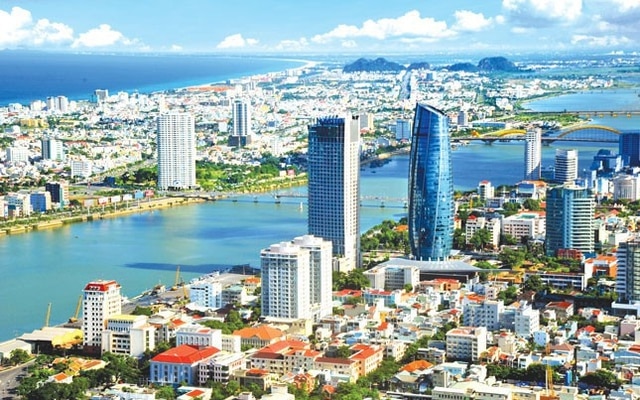
A corner of Da Nang city
Accordingly, the Government unanimously approved the Proposal to draft a Resolution amending and supplementing Resolution No. 119/2020/QH14 dated June 19, 2020 of the National Assembly on piloting the organization of an urban government model and a number of specific mechanisms and policies for the development of Da Nang city.
The Government assigned the Minister of Justice , authorized by the Prime Minister, to sign on behalf of the Government the Government's Submission to report to the National Assembly Standing Committee to supplement the development of a Resolution amending and supplementing Resolution No. 119/2020/QH14 dated June 19, 2020 of the National Assembly on piloting the organization of an urban government model and a number of specific mechanisms and policies for the development of Da Nang city into the National Assembly's Law and Ordinance Development Program in 2024; submit to the National Assembly for decision on the development and promulgation of the Resolution according to the simplified procedures and order and for consideration and approval at one session.
* The Ministry of Planning and Investment said that in order to institutionalize Resolution No. 43-NQ/TW dated January 24, 2019 of the Politburo on the construction and development of Da Nang city to 2030, with a vision to 2045, the Politburo issued Resolution No. 119/2020/QH14 on the construction and development of Da Nang city to 2030, with a vision to 2045. This Resolution aims to build a leaner, more responsive and smooth city government apparatus, with administrative agencies actively and proactively managing and promptly and effectively resolving urgent issues in the locality; actively contributing to administrative reform, improving the investment environment, enhancing competitiveness, increasing foreign and domestic investment attraction, effectively using investment capital sources, supporting and creating favorable conditions for business operations.
However, the implementation of Resolution No. 119/2020/QH14 of the National Assembly is still behind schedule, some mechanisms have been implemented but the effectiveness is still low, some policy mechanisms have not been specifically regulated or are waiting for guidance documents, so the implementation is slow. In the current practical context, the city needs to amend and supplement Resolution No. 119/2020/QH14 dated June 19, 2020 of the National Assembly on organizing the urban government model and research and propose new policy mechanisms to overcome new challenges for the city's development in the coming time.
The development of a Resolution amending and supplementing Resolution No. 119/2020/QH14 dated June 19, 2020 of the National Assembly on organizing the urban government model and building specific and outstanding mechanisms and policies to create an effective legal basis to promote potentials and advantages, create breakthroughs, resolve bottlenecks and bottlenecks in the socio-economic development of the City, contributing to the construction and development of Da Nang City to 2030 with a vision to 2050 as set out.
2 groups of specific mechanisms and policies with 34 specific policies
The policy contents in the draft Resolution outline are built according to 02 groups of specific mechanisms and policies with 34 specific policies, including:
- Group 1: Policies on organizing the urban government model of Da Nang city (08 policies).
- Group 2: Specific policies for the development of Da Nang city are proposed for pilot implementation (26 policies), including: Policies on investment management (04 policies); Policies on finance, state budget, tax, customs (05 policies); Policies on planning, urban areas and resources, environment (06 policies); Policies on attracting strategic investors (01 policy); Policies on microchips, semiconductors, artificial intelligence, information and communication, science and technology management, innovation (08 policies); Policies on wages and income (02 policies).
Organizing the urban government model in Da Nang city from July 1, 2026
Draft policy proposal: Organizing an urban government model in Da Nang city from July 1, 2026.
The goal of the policy is to build an urban government model in Da Nang city in the direction of streamlining, effectiveness and efficiency, ensuring flexibility and smoothness in the operation process, meeting the requirements of developing the city in a dynamic and creative direction in the new period.
At the same time, enhance the autonomy and self-responsibility of urban authorities; mobilize all resources for sustainable development, promote the formation of civilized and modern urban areas.
Establishment of Food Safety Department
The draft also proposes to establish the Department of Food Safety as a specialized agency under the People's Committee of Da Nang city.
The establishment of the Department of Food Safety as a specialized agency under the City People's Committee will help the City People's Committee implement food safety management, participate in monitoring, traceability at markets, trade centers, and increasingly improve services, increase the quality of goods in Da Nang city. Raise awareness and interest of small and micro-sized production and business establishments. Focus on inspection and examination points for the convenience of people when there is only one city-level food safety management agency to conduct inspections and examinations of establishments with the prescribed frequency, avoiding overlap and the situation where each year one establishment or enterprise must be inspected and examined by many state management agencies on food safety. Create a unified focal point to carry out administrative procedures and licensing that were previously decentralized to 3 Departments, creating convenience, consistency, and synchronization from receiving documents, appraisal, licensing, management, post-inspection, inspection... of food production and business establishments, food service establishments as well as hazard monitoring, food quality management...
Government Portal
Source




















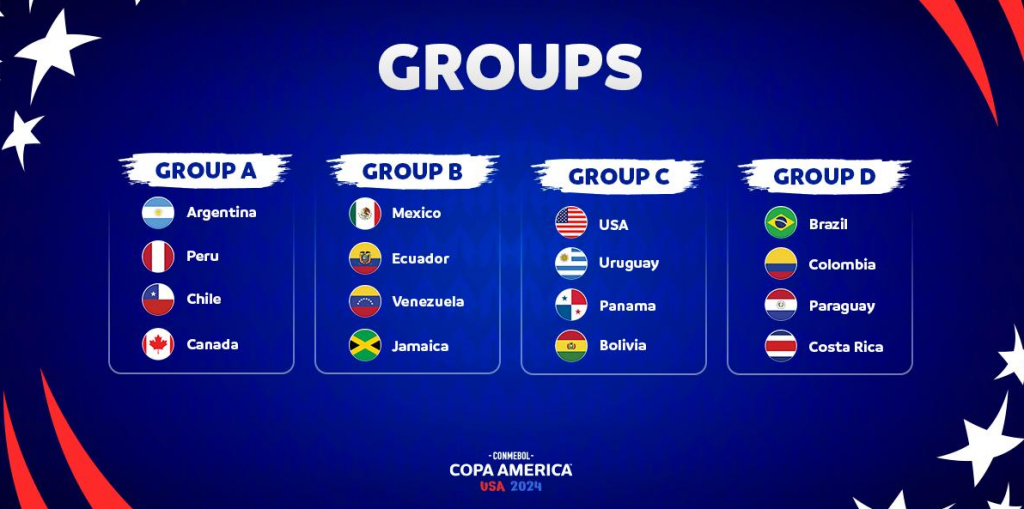
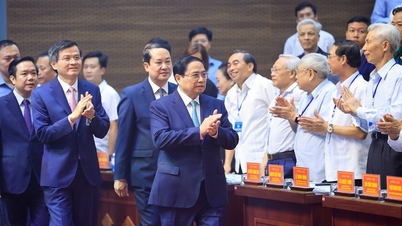
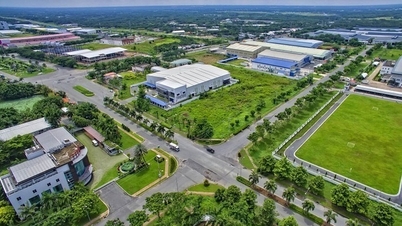







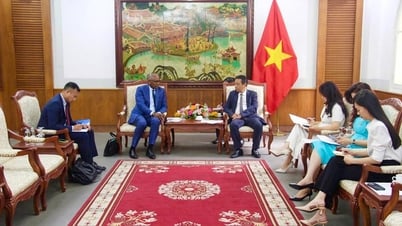






























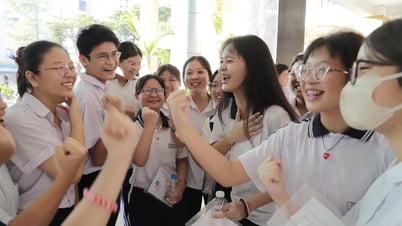
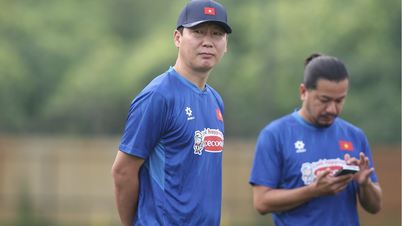
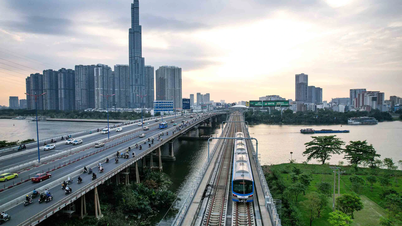
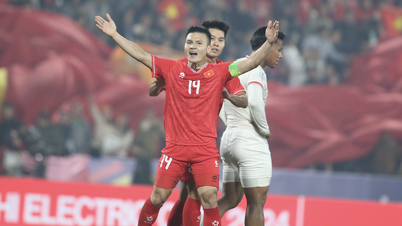

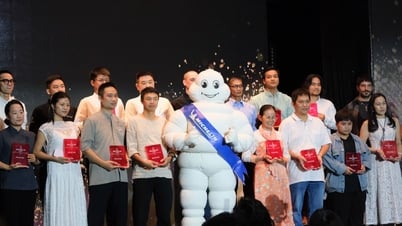
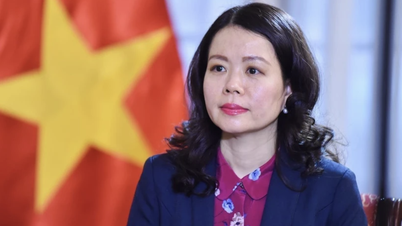


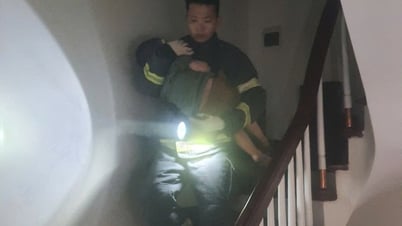

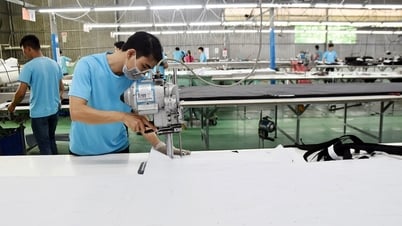
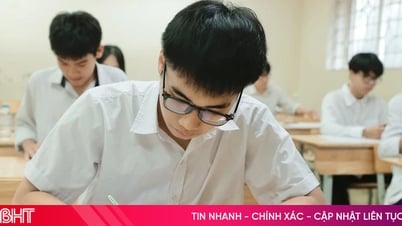



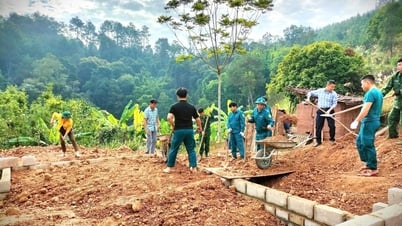










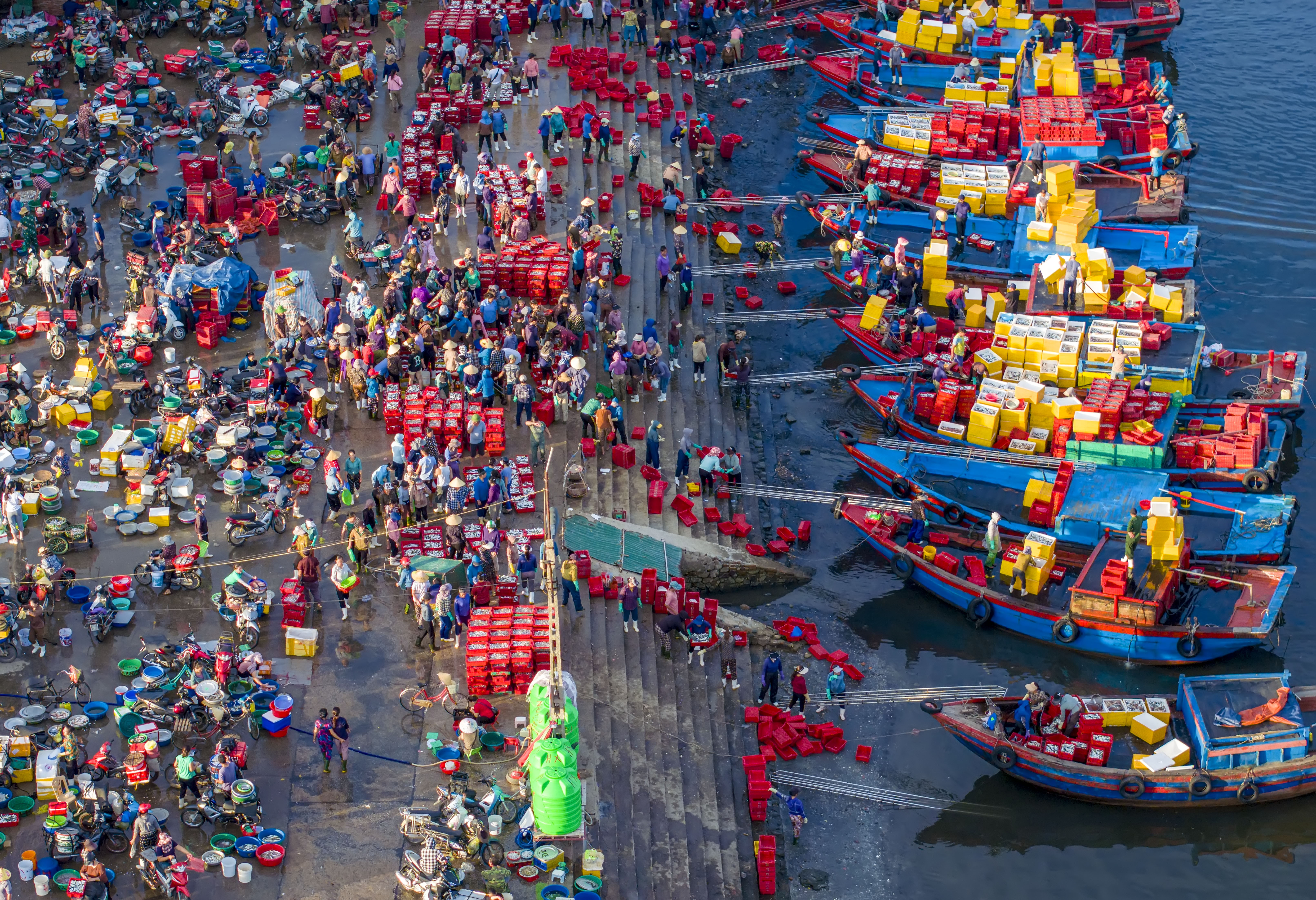
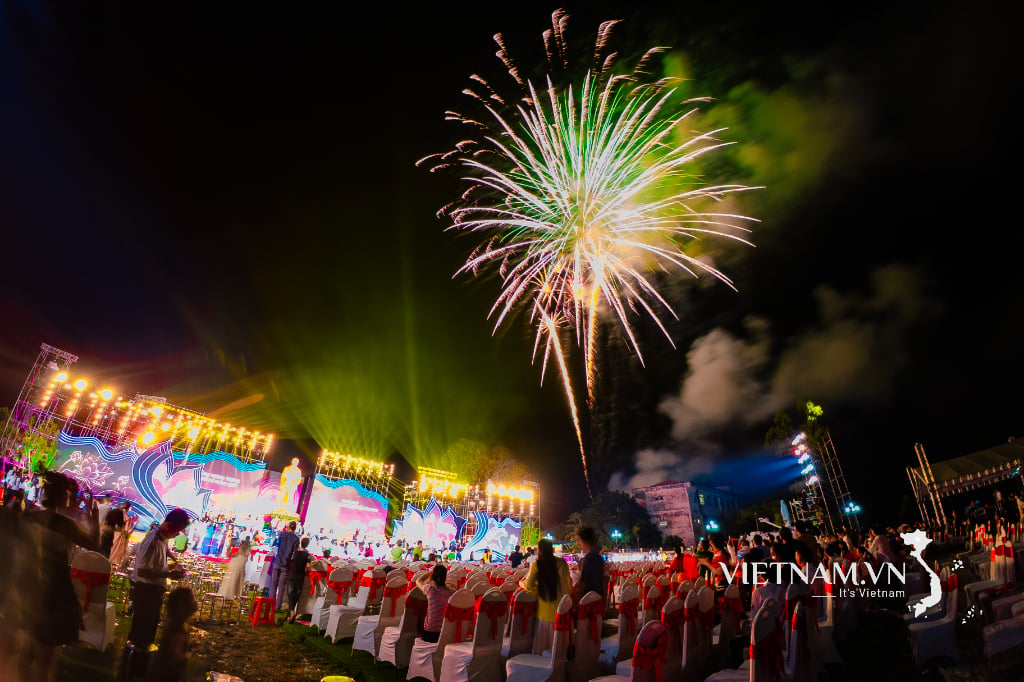
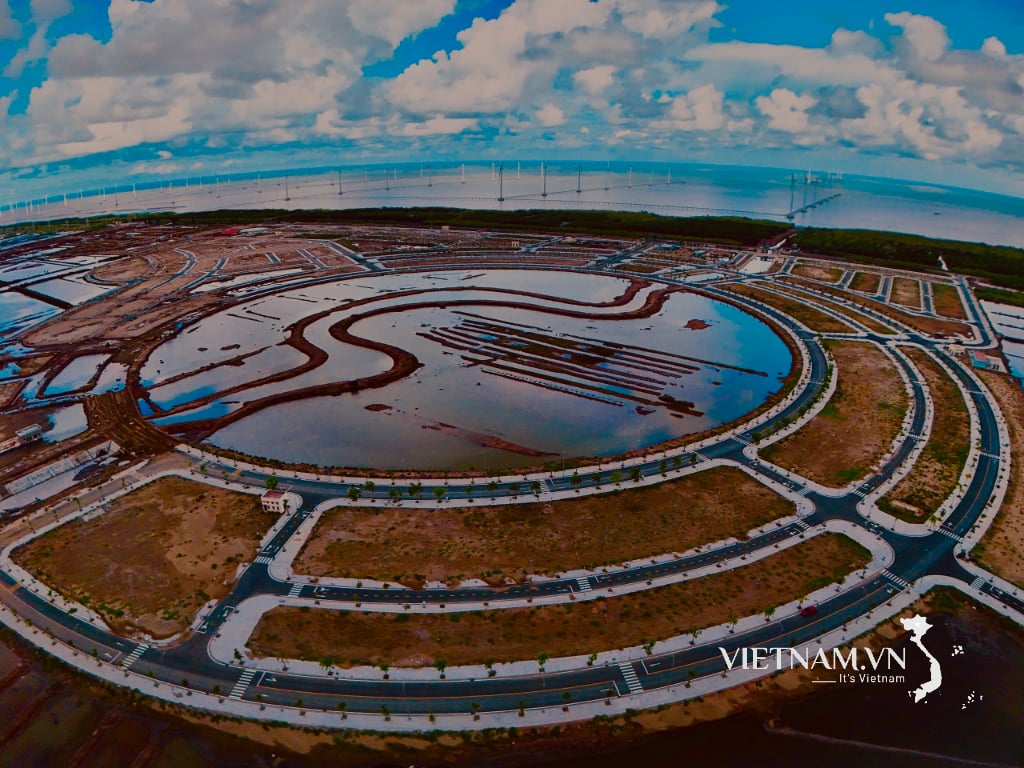

Comment (0)